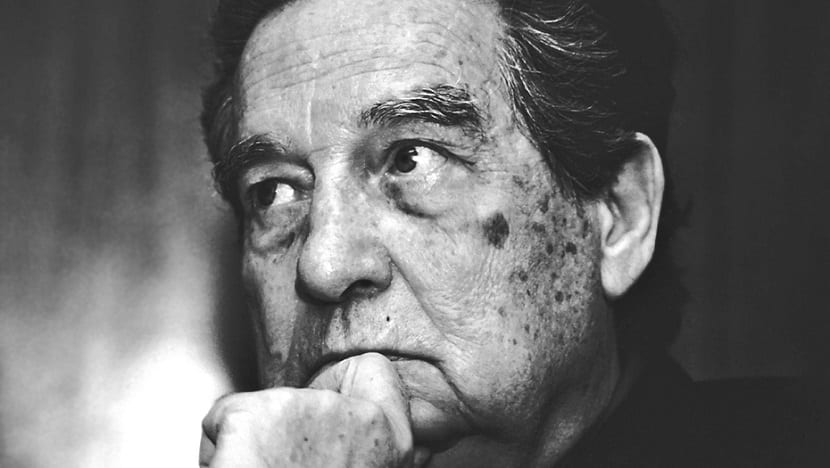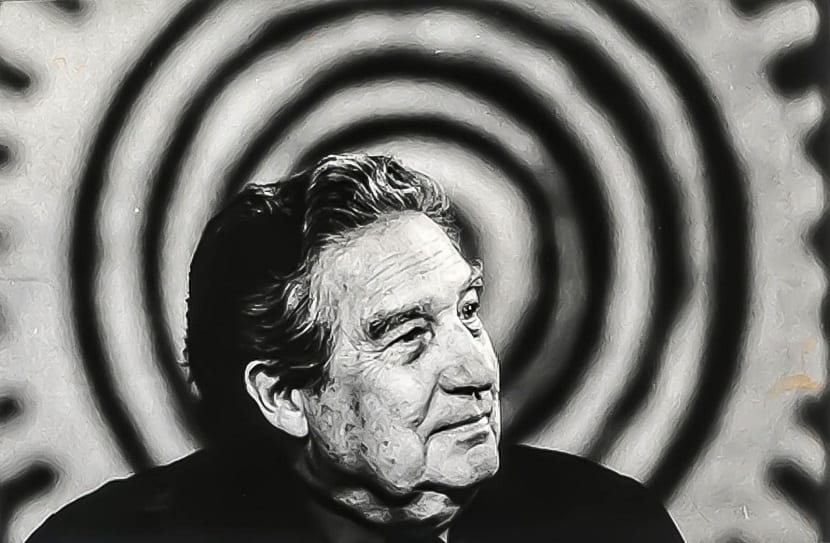
If we have to talk about Octavio PazWe first have to frame him in a literary age to better understand his work. Octavio Paz belonged to the time where it was made post-avant-garde poetry. If the poetic avant-garde was dropped in the 20s, Octavio Paz belonged to the time after this avant-garde, which would occur in the 30 years.
The 30s lived through a time of great political-social conflict throughout the world, which considerably favored the awareness of the writers who lived at that time. Thus, authors like César Vallejo o Pablo Neruda they evolved towards the rehumanization of his poetry. Hispano-American poetry, without obviously renouncing the formal achievements of the avant-garde era, further accentuated its commitment to the reality that was being lived, but in this evolution until today that we live today, it has diversified into very different and disparate paths.
Octavio Paz was not the only one who belonged to this time post-avant-garde but also poets such as Nicolás Guillén, with its known as black poetry, Nicanor Parra with their "Antipoems" y "Artifacts", Sweet Maria Loynaz with its "Pure poetry", Eduardo Carranza placeholder image with its classicism o Ernesto Cardenal, who from his position as a religious, sang songs of hope about the future of humanity.
But focusing on the figure that concerns us today, let's make this brief biography of Octavio Paz: life and work.
Life and work of Octavio Paz

Octavio Paz was born in 1914 in Mexico City and died in 1998 in his hometown.. He was a poet (as we have said previously), poet, essayist and Mexican diplomat, and if one thing stands out, among other things obviously, it is that he was awarded the Nobel Prize for Literature in 1990. His career as a diplomat would allow him to have the opportunity to live in France, where he came into contact with surrealism. He also traveled through our country, Spain, in addition to knowing India and Japan.
The ideology of this author was always linked to the left and for that reason he was favorable to the republicans during the Spanish civil war on which he composed the verses that make up the poetry entitled "Not pass". In addition to this committed aspect, we must point out the enormous influence that Eastern philosophy and thought left on him during his stay in that continent, which was reflected in his own work.
He indulges in a work where the essential concern is language. His work "The bow and the lyre" (1956), is a fundamental text that makes us understand the poetics of this Mexican writer: elements such as poetry and poem, language, rhythm, consecration of the moment, of the now, of the present, make up obsessive questions about this essay. On the other hand, his work "Sun stone", published in 1957, is one of the most extensive and important Latin American poems, where various lyrical motifs (world, I-you relationship, present, instant, search, eroticism, ...) are intermingled with the poet's reflection on it creative process. "White" (1967) constitutes a space poem, the reading of which can be done in different ways, with great erotic content and great linguistic concern. His work "Past in the clear" (1978) is an itinerary, a search that begins with meditation and calm about the writing process itself.
10 Phrases by Octavio Paz with which we will always remember him

- «Love is born from a crush; the friendship of frequent and prolonged exchange ».
- "Eroticism and poetry: the first is a metaphor for sexuality, the second an eroticization of language."
- "Imagination in freedom transforms the world and blows things up."
- "Defending nature is defending men".
- "In every erotic encounter there is an invisible and always active character: the imagination."
- «No people believe in their government. At most, the peoples are resigned.
- "Poetry must be a little dry to burn well, and thus illuminate and warm us."
- "The Mexican's indifference to death is nourished by his indifference to life."
- "Without democracy, freedom is a chimera".
- "A nation without free elections is a nation without a voice, without eyes, and without arms."
the truth is very interesting
very good thank you help me in my homework 🙂
it's very good